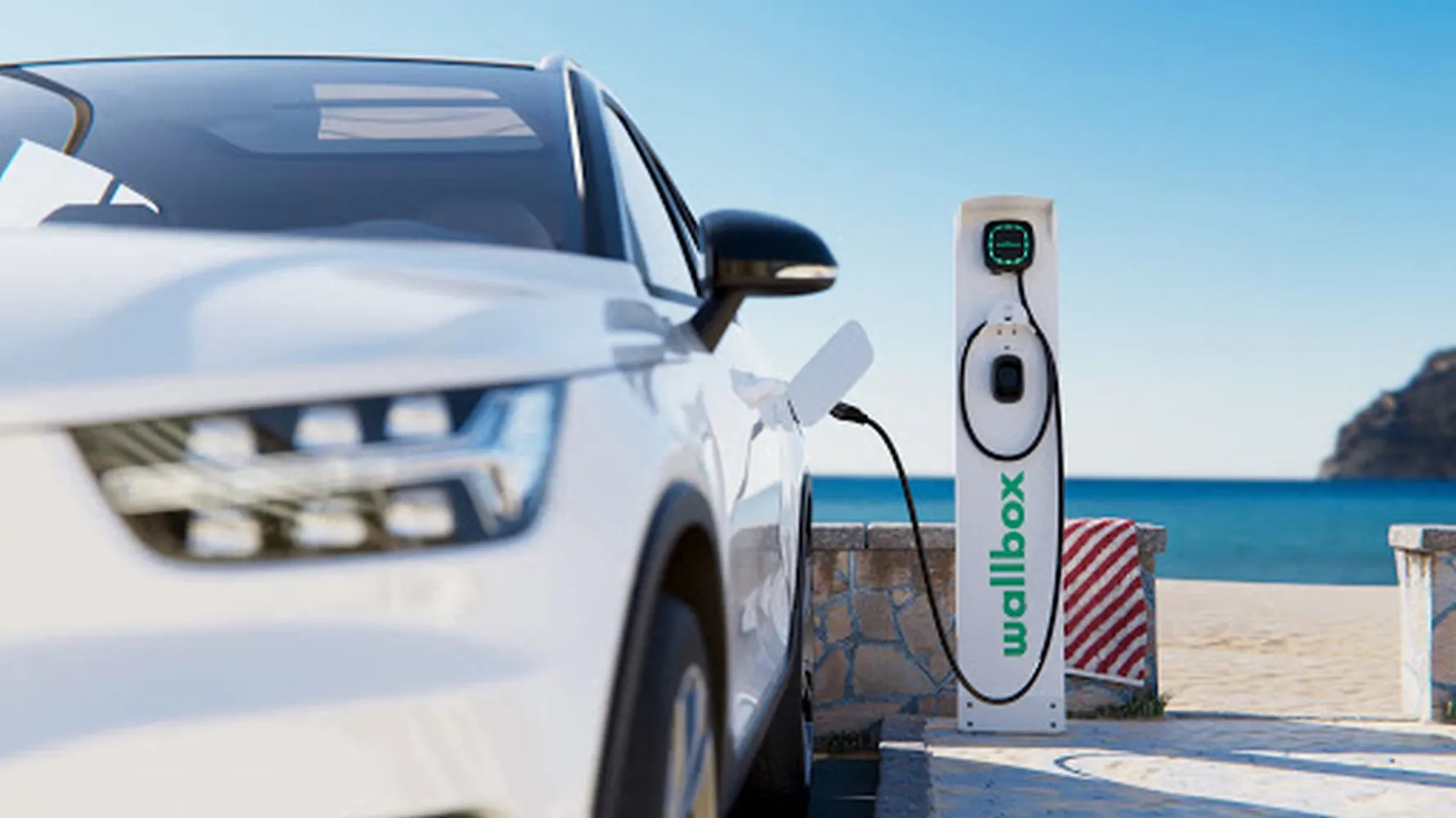The EV-Fleet project confirms the feasibility of the Vehicle-2-Grid
Another step towards bidirectional charging: Together with partners in the EV-Fleet project, the transmission system operator TransnetBW has completed a field test on the provision of control power by e-mobility. Between June 2021 and June 2022, a total of 155 e-cars participated in the field test.
According to a recent press release from TransnetBW, the results show that the provision and delivery of control reserve from a virtual power plant consisting of a large number of pooled e-cars is not only possible in theory, but also practice. The activation of the pool and individual vehicles based on target values from the TransnetBW grid control system was carried out by the requirements for the provision of quality for control reserve. The experience gained also points the way for the development steps that will now follow.
"With EV-Fleet, we have made great progress towards the future stabilisation of the electricity grid through electric vehicles," says Kay Wiedemann, Team Leader of Market Development at TransnetBW. To operate the electricity grid safely, electricity generation and electricity consumption must be in balance at all times. For this purpose, the transmission system operators use the so-called control reserve, which has so far been provided mainly by pumped storage power plants, conventional generation plants or battery storage.
In the mobility and energy transition, new potentials for this system service are now emerging with the increasing number of electric vehicles. E-drivers can even generate income in this way. In a pilot project a few years ago, an e-car earned an excellent 1000 euros per year. Since the sharp rise in electricity prices, the revenue potential is likely to have risen even further. "With the project, we have gained important experience on measurement accuracy, data collection and the effects on the distribution grid, which is now being incorporated into further development work," Wiedemann continues.
In addition to TransnetBW and the Dutch smart-charging platform operator Jedlix, the field test was accompanied in several test phases by the distribution grid operator Netze BW, the control power provider Next Kraftwerke and the Fraunhofer IEE.
On the one hand, the project tested the technical-communicative infrastructure for the provision and activation of control reserve through e-cars placed at various locations. On the other hand, the participants investigated the question of how charging processes can be controlled in the future in such a way that the current conditions of the local distribution grid are taken into account and no grid bottlenecks occur there due to the system-serving controlled charging.
In a further development of the concept, the charging losses and other external influences during the charging process are to be taken into account to a greater extent. In addition, the telemetry data of the vehicle manufacturers can still be optimised in terms of measurement granularity, and further efforts are needed to enable active balancing group management.
